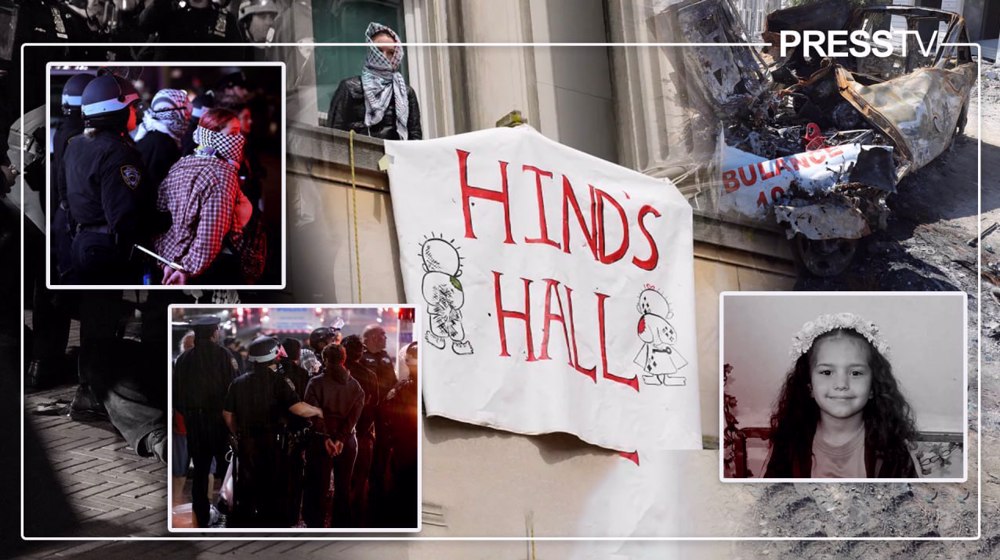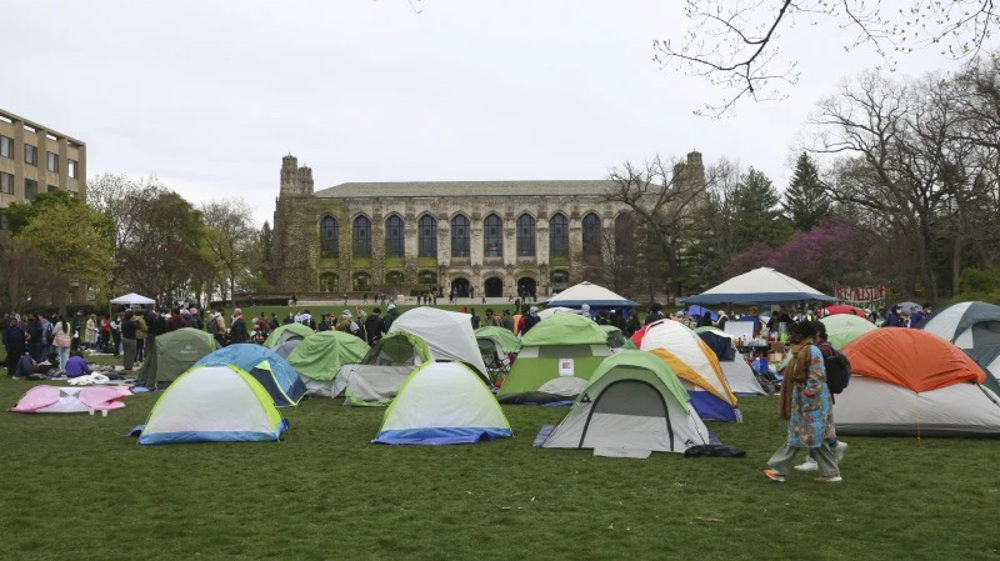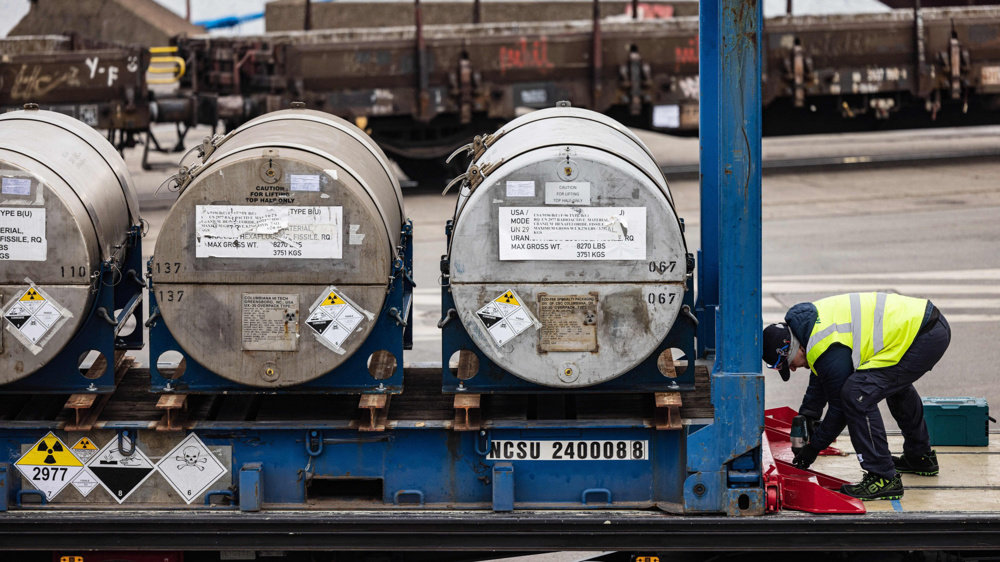Clinton slams Sanders for proposing to normalize Iran ties
US Democratic presidential frontrunner Hillary Clinton has denounced her rival Bernie Sanders over his proposal to normalize relations with Iran.
In a Democratic primary that appears to be tightening, Clinton’s campaign has escalated its attacks on Sanders over his perceived inexperience with foreign policy.
“This proposal to more aggressively normalize relations and to move to warm relations with Iran not only breaks with President Obama’s policy, it breaks with the sober and responsible diplomatic approach that’s been working for the United States,” Jake Sullivan, Clinton’s senior policy adviser, told reporters in a conference call.
“The proposal would not succeed, but it would cause very real consternation among our allies and partners,” Sullivan added.
Speaking at a campaign rally in Indianola, Iowa on Thursday, Clinton said that Sanders is mostly trying to avoid the issue of foreign policy.
"Sanders doesn't talk very much about foreign policy, but when he does, it raises concerns because sometimes it can sound like he hasn't really thought it through," Clinton said.
"The challenges a president has to grapple with are beyond complicated, both at home and abroad. That's why it's the hardest job in the world. I've seen it up close and personal and I know what it takes," she added.
Clinton’s remarks came just days after President Barack Obama signed an executive order lifting US economic sanctions on Iran.
Obama’s move was in response to the International Atomic Energy Agency (IAEA)’s verification that Iran had implemented its commitments made in the Joint Comprehensive Plan of Action (JCPOA) reached between Iran and the P5+1 - the United States, France, Britain, Russia, China and Germany - in Vienna, Austria, on July 14, 2015.
Iranian authorities have already said that the nuclear agreement is not an indication that a broader rapprochement between the United States and Iran on other issues is underway.
Relations between Washington and Tehran collapsed after the 1979 Islamic Revolution, because the US had been backing former Iranian dictator Mohammad Reza Pahlavi.
In November 1979, a group of Iranian university students stormed the US embassy in Tehran, also known as the “den of espionage”.
The students believed the US mission had turned into a center of spying aimed at overthrowing the Islamic establishment in Iran following the Islamic Revolution earlier that year.
Documents found at the compound later confirmed claims by Iranian students that Washington was using its Tehran embassy to plot to topple the new Islamic establishment of Iran.
Hamas says seeks ‘comprehensive truce' as Israel hell-bent on war, blockade
VIDEO | Press TV’s news headlines
Iraq’s Islamic resistance hits two Israeli military bases with drones
VIDEO | An Insider’s View of the Country: Agricultural Products in Birjand and Kharg Island
UNRWA chief: Israel continues to deny humanitarian access to UN in Gaza
VIDEO | Iraqi lawmakers call for expulsion of US ambassador from country
VIDEO | Al-Qassam rocket strike kills, wounds over dozen Israeli soldiers
OIC denounces Israeli genocide in Gaza, urges sanctions against regime















 This makes it easy to access the Press TV website
This makes it easy to access the Press TV website